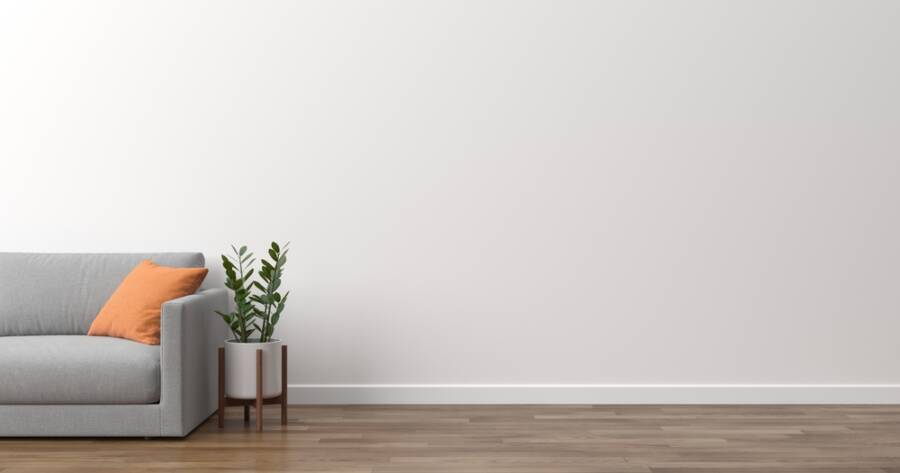Minimalist living involves adopting a lifestyle that values experiences over material possessions. By paring down belongings and focusing on what truly matters, individuals can achieve greater fulfillment and contentment. This practice reduces clutter while also fostering mental clarity and emotional well-being. Ultimately, it encourages a more intentional, purposeful life, where joy is derived from simplicity and meaningful connections.
What is Minimalist Living?
Minimalist living is a lifestyle that emphasizes the intentional and deliberate use of one’s resources. It involves paring down possessions to the essentials, focusing on experiences rather than material goods, and living with intention and purpose. Minimalism is not about deprivation, but about living a more fulfilling and meaningful life with less.1
The movement has gained significant traction in recent years, with many individuals using it to simplify their lives, save money, and reduce stress. Minimalist living has been associated with numerous benefits, including increased happiness, reduced anxiety, improved financial stability, and enhanced environmental sustainability.
One of the key tenets of minimalist living is the concept of intentional consumption. This involves making conscious choices about what one buys and owns, prioritizing quality over quantity, and avoiding impulse purchases. Minimalists believe that by owning fewer possessions, they can reduce clutter, simplify their lives, and focus on the things that truly matter.
A Path to Freedom
Minimalist living can be seen as a path to freedom from the burdens of materialism and consumerism. By reducing one’s possessions and simplifying their lifestyle, individuals can gain greater control over their time, finances, and energy. This can lead to increased feelings of liberation, empowerment, and self-sufficiency.
It also promotes a sense of mindfulness and presence. By focusing on the essential aspects of life, individuals can become more attuned to the present moment and appreciate the simple joys of life. This can lead to reduced stress, improved mental health, and a greater sense of contentment.2
Finally, minimalist living can foster a stronger connection with the natural world. By consuming less and living more simply, individuals can reduce their environmental impact and contribute to a more sustainable future. Minimalism encourages responsible resource management, waste reduction, and a greater appreciation for the beauty and simplicity of nature.
Less Stuff, More Life
Again, minimalist living is not about sacrifice, but more about living a fulfilling and meaningful life. By paring down possessions and focusing on experiences, individuals can free up time, money, and energy to pursue their passions, connect with loved ones, and engage in activities that bring them joy.
Minimalism can also lead to improved financial stability. By reducing unnecessary expenses and living below one’s means, individuals can save money, reduce debt, and achieve financial independence. This can provide a sense of security and freedom, allowing individuals to make choices based on their values rather than financial constraints.
Moreover, minimalist living can foster a greater sense of community and connection with others. By focusing on relationships and experiences rather than material possessions, individuals can build stronger bonds with friends and family, and contribute to a more vibrant and supportive community.
Learn More About Minimalist Living
Minimalist living is a holistic approach to life that offers far-reaching benefits across various aspects of well-being. By embracing simplicity and focusing on what truly matters, individuals can experience psychological peace, financial freedom, and a closer connection to the environment.
Whether motivated by the desire to reduce stress, save money, or live more sustainably, the journey toward minimalism is a path toward a more intentional, meaningful, and fulfilling life.
